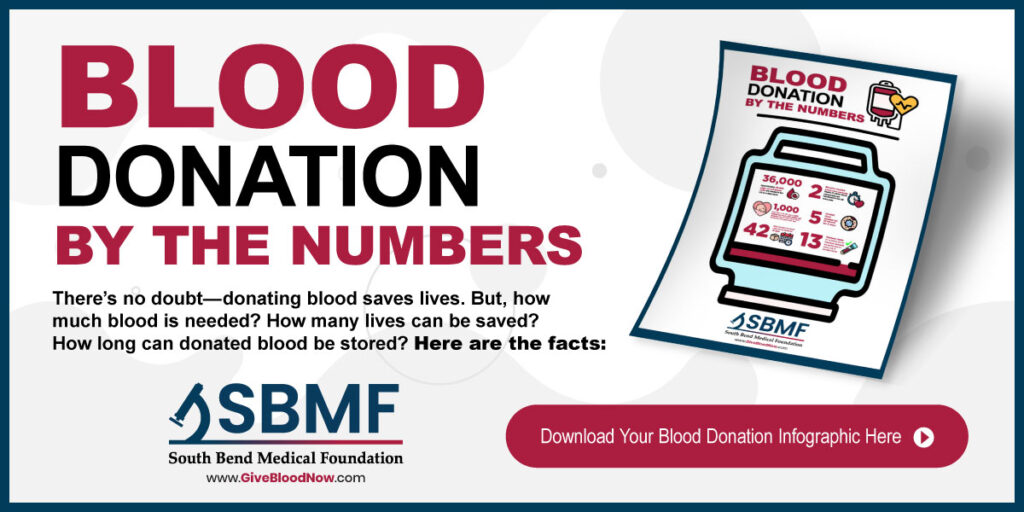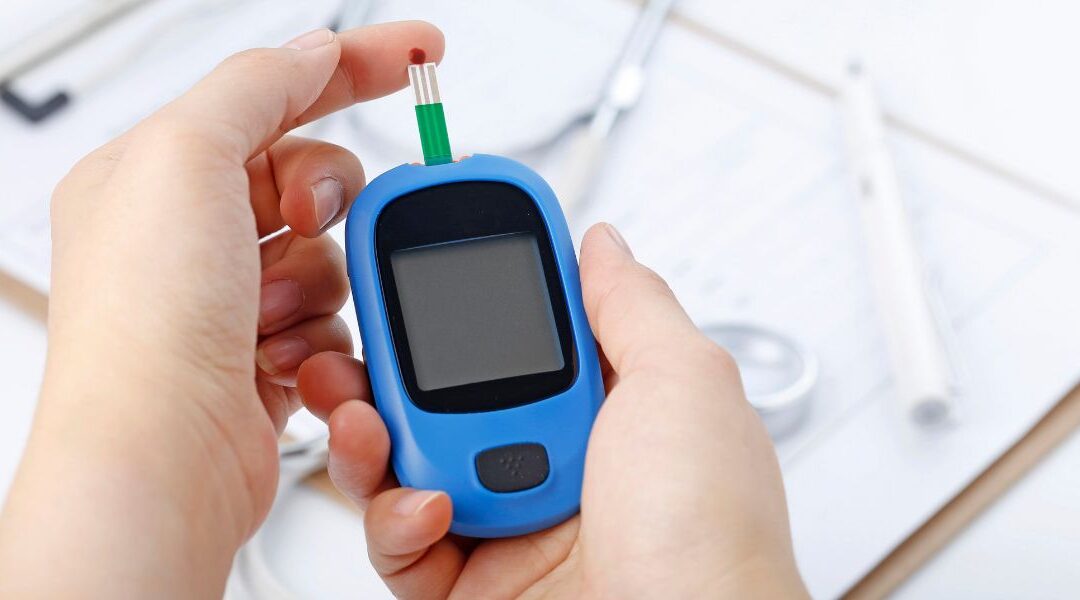A blood donation is truly lifesaving, and it’s one of the easiest ways to give back to your community. But what if you have diabetes? Can people with diabetes donate blood? More than 37 million people in the United States have diabetes: a potentially life life-threatening condition. Diabetes shouldn’t prevent you from donating, though. If you are diagnosed with this disease, you can still donate blood and save lives.
Can People with Diabetes Donate Blood?
It is generally safe to donate blood if you have diabetes: either type 1 or type 2. However, you will need to properly manage and control your diabetes and be in good health before donating. This requires you to have daily management habits including maintaining healthy blood sugar levels, stress management, eating nutritious foods, and exercising sufficiently. Your doctor may also prescribe you certain treatments to help manage diabetes including insulin and oral medications. Having a healthy lifestyle will help you keep your blood sugar levels in a healthy range. These are typical targets:
- Two hours after the start of a meal: Less than 180 mg/dL.
- Before a meal: 80 to 130 mg/dL.
Your blood sugar targets may be different: they depend on your age and individual health issues. If you are having trouble controlling your blood sugar or keeping it within an acceptable range, it’s best to not donate right away. Be sure to talk to your healthcare provider about which targets are right for you and if donating blood is the best option for you.
How Can I Prepare for Donating Blood?
There are a few steps to keep in mind when preparing to donate blood:
- eat iron-rich foods 1 to 2 weeks in advance of your appointment. This includes fish, red meat, beans, spinach, or taking an iron supplement.
- drink plenty of water: at least 16 ounces before donating.
- sleep well the night before: at least 8 hours or more.
- limit caffeine intake on donation day
It’s important to notify the blood donation center if you have diabetes and whether or not you are taking medications.
Here’s what to do after donating blood:
- have a healthy snack after donating
- avoid heavy lifting or intense exercise for the next 24 hours
- increase water intake
It’s important to check your blood sugar regularly after donating blood; if you feel unwell or have difficulty managing blood sugar levels, contact your healthcare provider.
Donate Blood at SBMF
Donating blood can save lives, and those with diabetes are still eligible to donate. However, you must take care of yourself first. This includes regularly checking your blood sugar levels, eating healthily, and exercising. Having diabetes shouldn’t prevent you from donating blood, so talk to your healthcare provider to see if donating is right for you.





